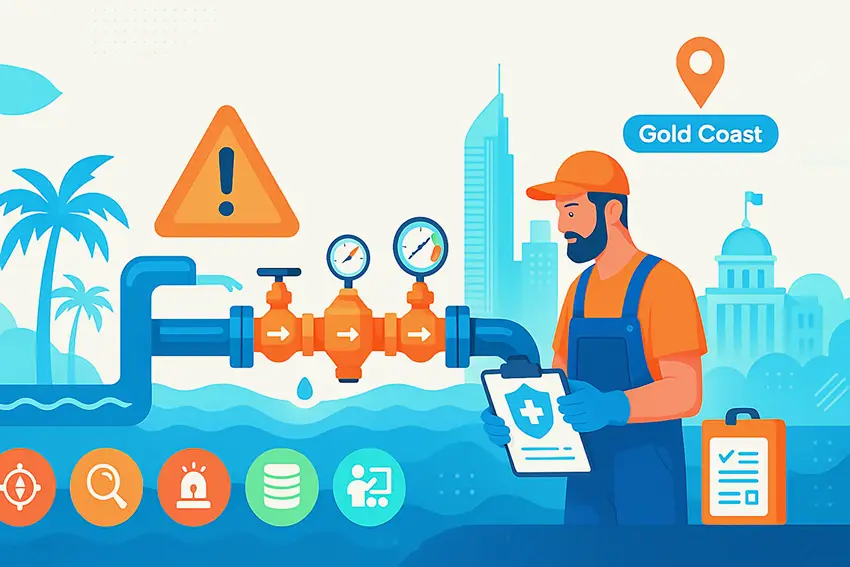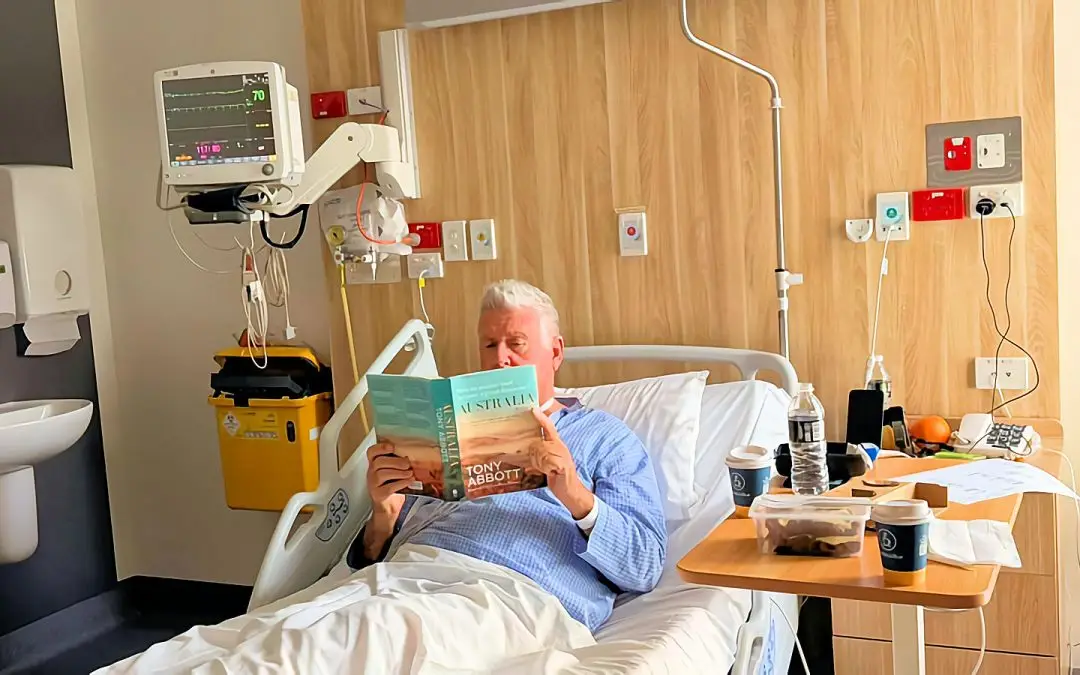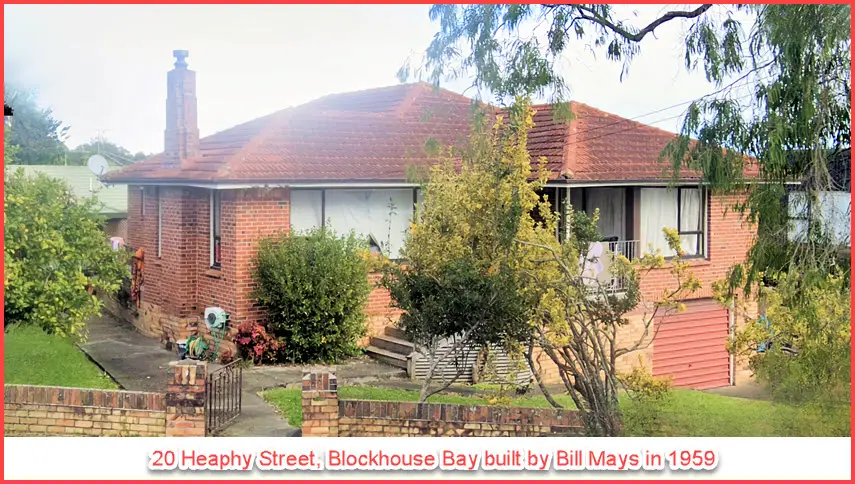
Copper Theft of Copper Pipes on the Gold Coast
by Gary Mays | Dec 7, 2025 | Whywait Plumbing
🧰 Copper Theft of Your Copper Pipes on the Gold Coast
Copper theft is no longer a distant problem. It is happening in homes, rentals, and building sites across Australia.
When thieves rip out copper pipes, they do not just steal metal. They steal your peace of mind. They leave you with flooded rooms, ruined walls, and that awful, heavy feeling in your stomach.
On the Gold Coast, we have witnessed this too. You walk into a property that should be safe. Instead, every accessible copper pipe has been hacked out. Water has gone everywhere.
The worst we have seen was at The Oasis Shopping Centre, where every bit of 100mm copper pipe for the drains in the underground carparks was cut and removed.
We care about that moment. Our job at Whywait Plumbing is to help you avoid it. And to fix it quickly if it has already happened.
🚨 Why copper theft is getting worse
Copper has always been valuable. Now, high prices and cost-of-living stress make it even more tempting.
Scrap yards pay for copper because it can be recycled repeatedly. Thieves know this. They do not need much skill. Just basic tools and a fast exit.
For copper thieves, it is quick cash.
For you, it is days of repairs, insurance claims, and worry.
💰 Why thieves love your copper pipes
To a thief, copper pipes are perfect. They are long, solid pieces of metal that run throughout your home.
They love copper pipes because:
🪫 They are easy to spot on external walls and under houses.
🧱 They can be cut quickly with simple tools.
💵 Scrap dealers still pay enough to make the risk worthwhile.
🧳 Pipes are light enough to carry to a car or ute.
They do not care that those pipes protect your home from water damage.
They do not care that one cut pipe can flood three floors of units.
You are the one left standing in the mess.
🏚️ Where and how copper pipe theft happens
Copper theft is not just a big industrial problem.
It is personal now when the copper thieves creep into your street.
🏠 1. Vacant and rental properties
Vacant homes and rentals between tenants are prime targets for theft.
Thieves watch online listings and “For Lease” signs.
They look for:
❌”Available now” rental properties.
❌Recently vacated homes are awaiting new tenants.
❌Holiday homes often remain unoccupied for extended periods.
They break in and then:
❌Cut copper pipes in ceilings and walls.
❌Rip out pipework around hot water systems.
❌Remove the exposed pipe near the water meter.
You come back to swollen doors, warped floors, and that damp, mouldy smell.
🚧 2. Construction and renovation sites
New work looks attractive to thieves. They know there will be lots of fresh copper.
On the Gold Coast, we see:
❌New homes with copper risers were stolen before handover.
❌Apartments with exposed pipework stripped overnight.
❌Hot water systems installed one week, gone the next.
Every theft means delays, extra labour, and more materials. If it is your future home, that delay feels very personal.
🚿 3. External plumbing that is easy to reach
Most thieves are lazy. They go for what they can see and reach fast.
Common targets are:
❌Pipes running up walls to solar hot water or heat pumps.
❌Copper between water meters and external walls.
❌Exposed pipes under lowset houses or along carports.
If they can reach it in under a minute, they see it as low risk.
🌏 Why this matters so much on the Gold Coast
The Gold Coast is home to numerous units, townhouses, and duplexes. A single cut copper pipe can affect multiple homes simultaneously.
Water does not respect unit boundaries. It runs through ceilings, down walls, and into electrical cavities.
That can mean:
💧 Flooded ceilings in several units.
⚡ Electrical risks if water reaches switchboards.
🦠 Mould growth that keeps returning if not dried properly.
You might live nowhere near a building site. Yet the same type of copper theft that darkens street lights can wreck your hallway overnight.
🛡️ How to protect your copper pipes
You cannot control scrap metal prices or national laws. But you can make your home or building a more challenging target.
Here is what we recommend as licensed Gold Coast plumbers who see the aftermath.
🔒 1. Make copper harder to see and touch
Small changes can put thieves off very quickly.
🔧 Box in exposed pipes with lockable metal or fibre-cement covers.
🧱 Use cages around hot water systems and meter pipework.
🧩 Avoid long visible runs of copper when renovating.
If a thief cannot see the pipe, they often keep walking.
💡 2. Improve lighting and visibility
Thieves hate bright light and nosy neighbours.
💡 Install motion-sensor lights near meters and hot water units.
🌳 Trim hedges that hide side paths and under-house access.
👀 Ask neighbours to keep an eye on “tradies” at odd times.
You do not need a fortress. You just need to look less inviting than the property down the road.
🏘️ 3. Secure vacant or in-between properties
If you are a landlord, seller, or strata manager, act early.
🔐 Lock side gates and under-house access points.
🕰️ Use timers on a couple of interior lights.
👣 Ask your agent to check plumbing areas regularly.
🚰 Get your plumber to review exposed pipework before long vacancies.
Inform your plumber if the property will remain unoccupied. We can help reduce easy entry points for thieves.
🧱 4. Plan more innovative pipe layouts during upgrades
Plumbing design can quietly reduce theft risk over time.
Where it suits the job and regulations, we can:
✅Run main pipes through the ceilings instead of exposing them on the walls.
✅Keep external copper runs as short as possible and as high as practical.
✅Use approved plastic pipe for some sections, where safe and compliant.
Every property is different. Good design now can save you thousands later.
🚿 What to do if your copper pipes are stolen
That first moment is horrible. You see water, broken pipes, and your heart sinks.
Take a breath. Then follow a calm, simple plan.
1️⃣ Step one: stop the water if it is safe
✅Turn off the water at the front meter if you can reach it safely.
✅Avoid standing water near power points or appliances.
✅If anything feels unsafe, step back and wait outside.
2️⃣ Step two: call a licensed emergency plumber
You need the damage contained fast. When you call Whywait Plumbing, we will:
🔧 Isolate and cap damaged copper pipes.
🧱 Check ceilings, walls, and floors for hidden leaks.
🔥 Make your hot water system safe or arrange replacement.
📋 Document the damage for your insurer.
We know you are stressed. We explain what we are doing and why, in clear and concise language.
3️⃣ Step three: report and record
🚓 Report the theft to the police and get an event number.
📸 Take photos of the damage, but do not move tools left behind.
📞 Contact your insurer as soon as you can.
This helps police track patterns. It also protects your claim.
🤝 How Whywait Plumbing helps Gold Coast property owners
We also live and work on the Gold Coast. We know these are not just “incidents”.
They are your homes, your investments, your memories.
When copper theft hits, we focus on four things:
🕒 Fast response to stop water and limit damage.
🧰 Smart, durable repairs that make sense long term.
🧭 Clear advice so you can make wise decisions.
🤗 Respect – for your time, your budget, and your stress.
For landlords and body corporates, we can:
Review complexes for exposed copper risks.
✅Provide written reports and photos for committees.
✅ Coordinate access with tenants and agents.
✅ Help plan staged upgrades that fit your sinking fund.
We do not believe in scare tactics. We believe in honest assessment and practical solutions.
✅ Simple checklist: reduce your copper theft risk today
You can start on this today, even before you call us.
🚶 Walk around your property and note every visible copper pipe.
💡 Check lighting near meters, hot water systems, and side access.
🧱 Add covers or cages to easy-reach pipework.
🔐 Lock side gates and secure under-house areas.
🏚️ Tell your plumber and agent if a place will be vacant.
👀 Report suspicious activity around infrastructure or building sites.
If you are on the Gold Coast and feel even slightly unsure, talk to us. Sometimes, a brief walk-through with a plumber can prevent a costly night.
You do not have to live in fear of copper theft. But you do need to be prepared.
We are here to help with both.
📞 Ready to protect your copper pipes?
Copper theft will not wait until it is convenient for you. Thieves move fast. Water damage moves even faster.
If you are on the Gold Coast and worried about exposed copper:
👣 We can walk your property and pinpoint weak spots.
🧰 We repair, redesign, and secure vulnerable pipework.
🚿 We handle emergencies when the pipes are already gone.
You do not need to guess what to do next. You just need one clear step.
📲 Call Whywait Plumbing now on (07) 5580 4311.
or
💻 Request a plumbing inspection online by clicking here
The sooner we see your pipework, the more damage we can prevent.
Make a wise, calm decision today, not after a flood tomorrow.
Frequently asked questions about copper theft and your plumbing
💡 1. How do I know if my copper pipes have been stolen?
🧾 2. Will my insurance cover copper theft and water damage?
🔁 3. Can I replace copper pipes with plastic so thieves are not interested?
⏱️ 4. How quickly can Whywait Plumbing respond to copper theft?
🚓 5. Should I call the police or the plumber first?
🏚️ 6. How can landlords protect vacant or between-tenant properties?
💸 7. Is it worthwhile to spend money on prevention?











